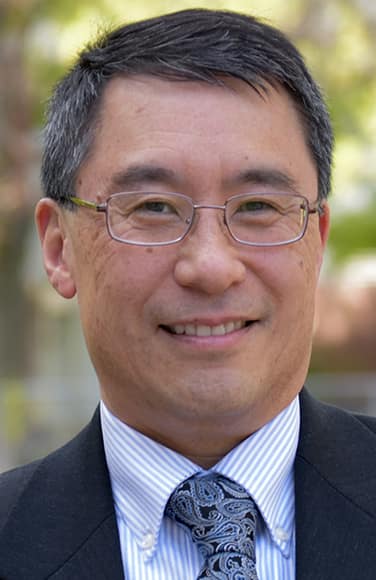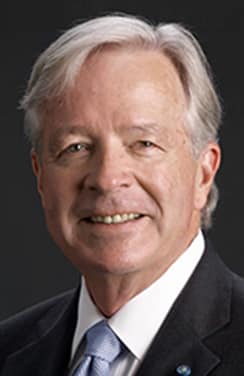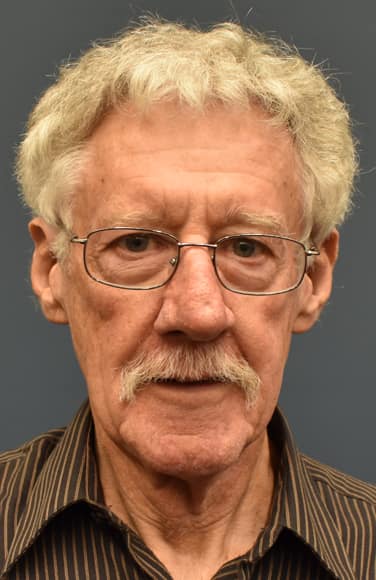
Dr. Gregory Woo
Dr. Gregory Woo

Division Chief, Aviation Systems Engineering, US DOT/Volpe Center
Dr. Gregory Woo manages the Aviation Systems Engineering division at the U.S. DOT Volpe Center where he leads a diverse staff of engineers, data analysts, program analysts, and aviation safety experts who work to ensure the safety and efficient implementation of updates and changes to our nation’s air traffic control systems. He has more than 30 years of broad experience encompassing data center management, information technology and network management, risk management, and leadership of technical research and new product development programs. He has led a wide variety of projects at the Volpe Center ranging from Air Traffic Control systems engineering and acquisition management projects, to risk management and safety assessment exercises, to the testing of weather instrumentation and navigation technologies for low-visibility operations in the airport terminal environment. The Aviation Systems Engineering division also provides safety risk analysis; safety risk management; complex data analysis, modeling, and simulation; and systems engineering support services for new aviation-related technologies and emerging aviation transportation concepts including Unmanned Aircraft Systems (UAS) and Urban Air Mobility (UAM).
Woo is a volunteer member of the FAA’s New England Safety Team, serving as a safety counselor and stage check pilot in the general aviation industry. He holds an Airline Transport Pilot certificate for multi-engine aircraft and is type-rated in the Boeing 737NG. He also holds an FAA Remote Pilot certificate. Woo is an active flight instructor, training general aviation pilots to safely operate technically advanced aircraft with advanced automation and flight management systems. Woo also serves as a member of the Unmanned Aircraft Safety Team (UAST) supporting the uncontrolled flight risk identification and mitigation workgroup. He is an active participant on the General Aviation Joint Steering Committee’s (GAJSC) Safety Analysis Team (SAT). He is keenly interested in highly automated aircraft, infrastructure requirements for autonomous aircraft operations, and the impact of Urban Air Mobility (UAM) on our air traffic management systems.
Woo is a Senior Member of the Institute of Electrical and Electronics Engineers (IEEE). He has a bachelor of science degree in electrical engineering from Yale University, a master’s degree in organizational management and development from Fielding Graduate University, and a doctorate from Embry-Riddle Aeronautical University with a focus on aviation safety, safety management systems, and human factors. His dissertation examined the limits of human performance in the visual detection of small unmanned aircraft. He was awarded the 2018 Stanley N. Roscoe Award by the Aerospace Human Factors Association for best dissertation on a human factors-related research topic.

Dr. Bruce Holmes
Dr. Bruce Holmes

Bruce is a five-decade veteran of aviation operations, research and development, and disruptive innovation in aeronautics.
His background includes government and industry roles in research, operations, and executive leadership, working at NASA, in the on-demand air carrier world, with aviation software startups, and on the U.S. NextGen founding team. In addition to his role as a Director for Alaka’i Technologies, he is a Vice President with SmartSky Networks, which is launching a unique 4G LTE aviation connectivity solution and apps development platform, creating the Internet of Things that Fly.
He has published over one hundred technical papers, received seven patents, been honored with numerous NASA medals and professional society awards, including the FAA Wright Brothers Master Pilot Award, recognizing 50 years of safe flying. He is a Fellow of the AIAA and the Royal Aeronautical Establishment.

Dr. Andres Zellweger
Dr. Andres Zellweger

Dr. Zellweger has an extensive background in aviation system engineering and design, research and development (R&D), operations research, system acquisition, R&D management, and program management. Dr. Zellweger possesses strong academic credentials and has published and lectured extensively on topics related to aviation system research, design, and development.
He earned a Ph.D. (1971) in computer science with a minor in cognitive psychology from the Department of Applied Mathematics at Harvard. The training in computer science and cognitive psychology provided him with valuable tools to understand the complex human-machine systems that form the basis for modern aviation systems.
Dr. Zellweger has been active in the development of advanced ATM concepts, especially those that involve higher levels of automation/autonomy and long term Trajectory Based Operations.
In the 1990s, Dr. Zellweger was Director of the Federal Aviation Administration (FAA) Office of Aviation Research. He was responsible for FAA R&D Policy, served as the FAA's spokesperson for research, and was the Executive Director of the FAA's Research, Engineering, and Development Advisory Committee.
In 1997 Dr. Zellweger was appointed Associate Provost for Graduate Programs and Research at Embry-Riddle Aeronautical University, following a 25-year career with the FAA. He also has valuable aerospace industry experience, having spent two years in the late 1980's as Chief Technology Officer in a 1,000 person aerospace company.
From June, 2001 to December, 2006, Dr. Zellweger was on an Intergovernmental Personnel Assignment from Embry-Riddle University to NASA headquarters. At NASA, he served as Special Assistant for Aviation to the Associate Administrator for Aerospace Technology and was a the founding member of the Joint Planning and Development Office. He is currently retired.
He received the Department of Transportation Silver Medal and is an AIAA Fellow.
